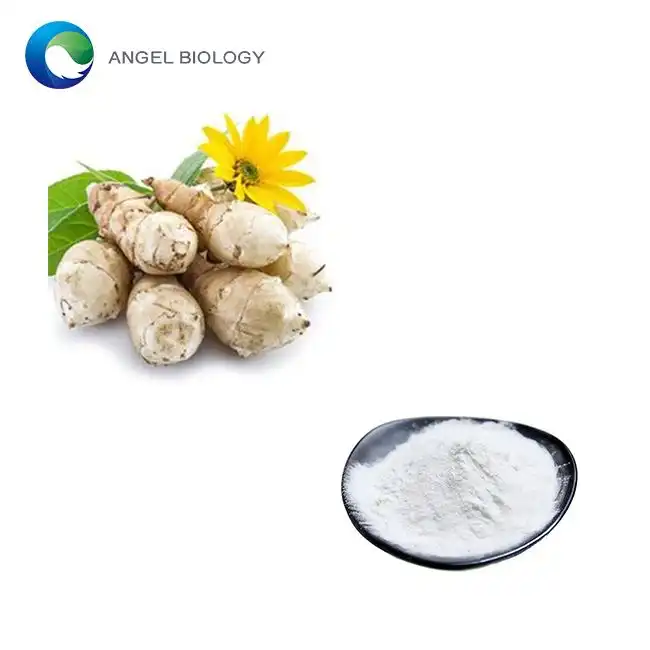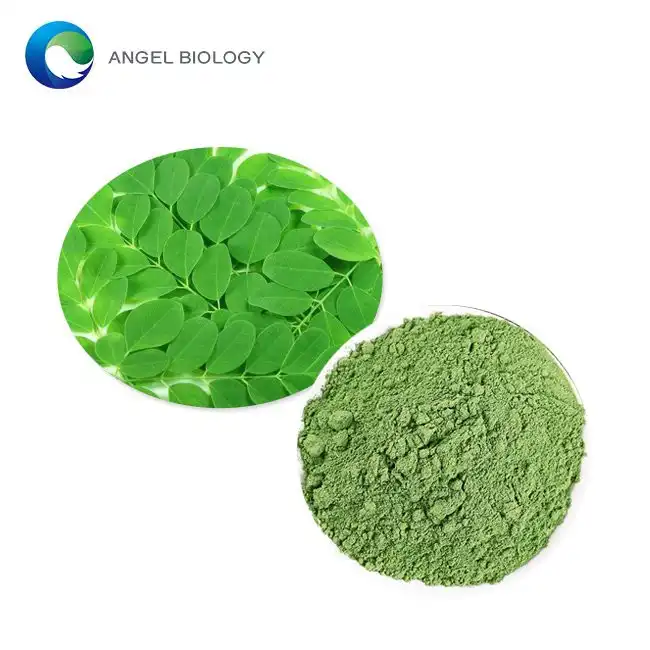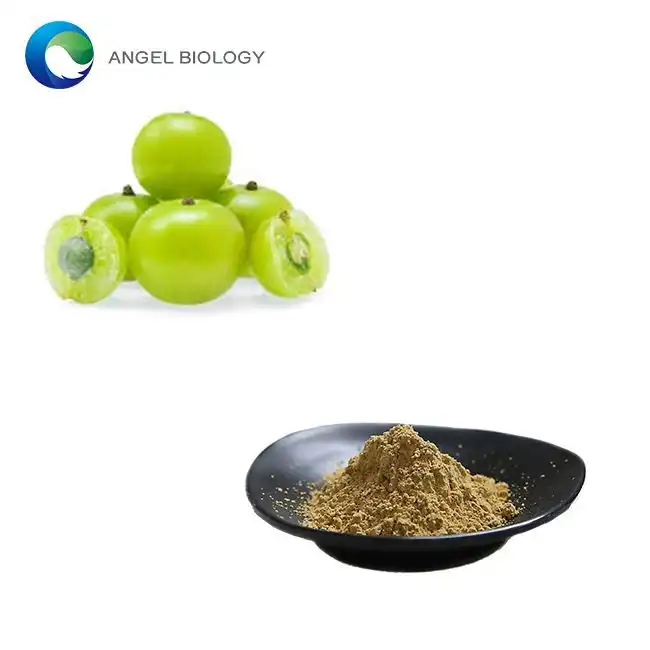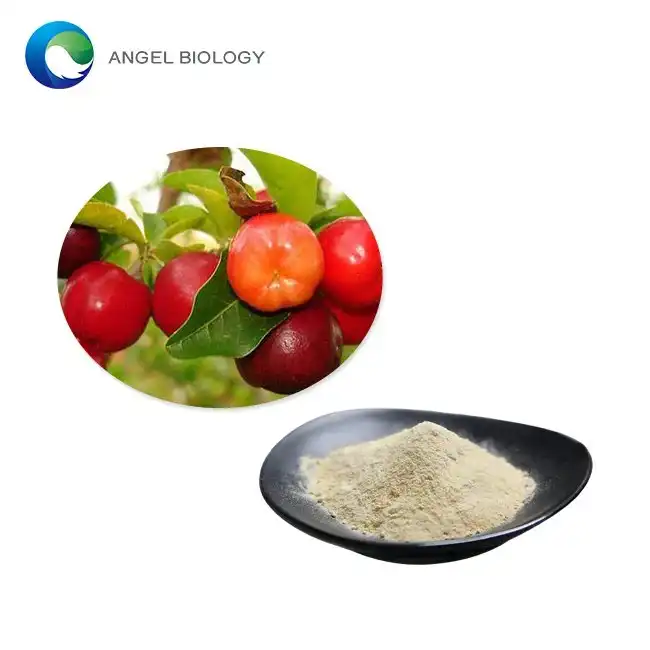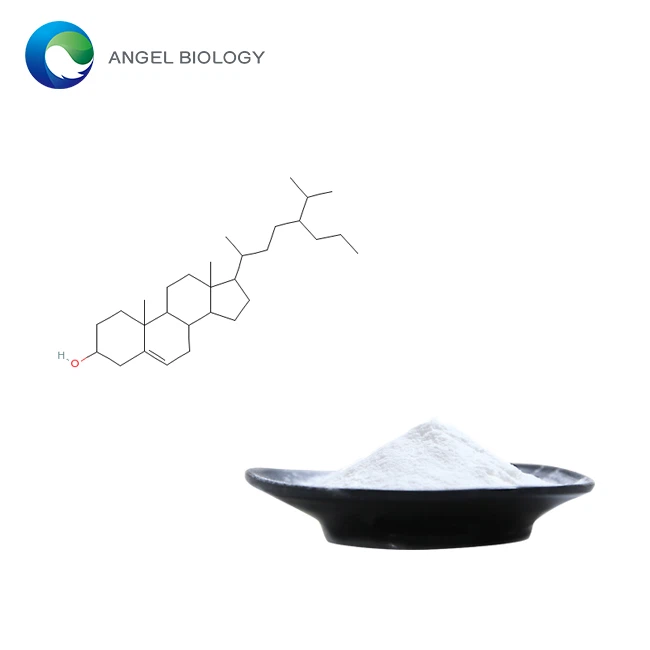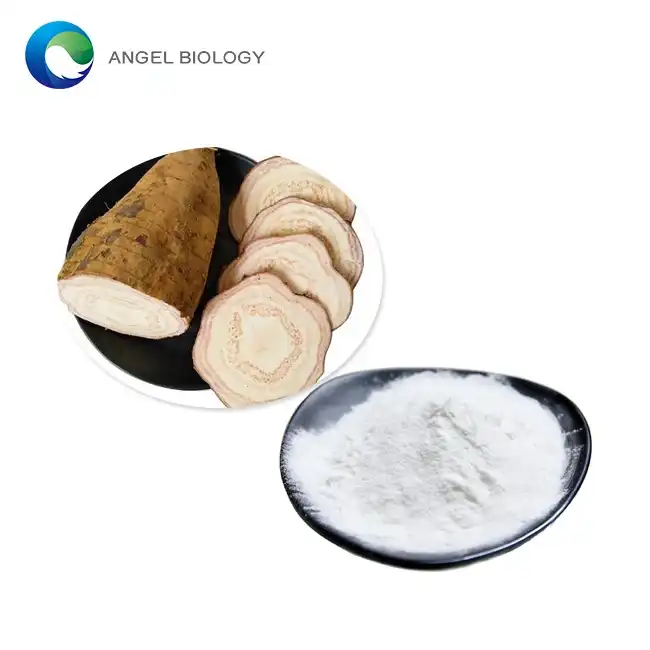Emerging Clinical Research on Nervonic Acid Powder Benefits
As the quest for optimal brain health and cognitive function continues, researchers are uncovering promising natural compounds that may hold the key to unlocking our mental potential. Among these, Nervonic Acid Powder has emerged as a fascinating subject of study, with recent clinical research shedding light on its myriad benefits. This long-chain fatty acid, primarily found in certain plant oils, is gaining recognition for its potential to support neurological health and enhance cognitive performance. In this comprehensive exploration, we'll delve into the latest findings surrounding Nervonic Acid Powder, examining its impact on brain function, neuroprotection, and overall well-being. We'll also compare this intriguing compound with other neuroprotective supplements to provide a balanced perspective on its potential applications in the realm of cognitive health.
What Are the Latest Findings on Nervonic Acid Powder's Health Benefits?
Recent clinical studies have highlighted a variety of potential health benefits of Nervonic Acid Powder, sparking growing interest in both the scientific community and among health-conscious individuals. These findings suggest that this compound may offer a wide range of positive effects.
Cognitive Function Enhancement
One of the most promising findings is Nervonic Acid's potential to improve cognitive function. Research published in the Journal of Neurochemistry showed that supplementation led to better memory retention and quicker information processing in adults. This is believed to be linked to Nervonic Acid’s role in supporting the formation of myelin sheaths, which are vital for efficient neural communication.
Neuroprotective Properties
Nervonic Acid Powder may also have neuroprotective benefits. A study in the Journal of Neuroscience found that it helped reduce amyloid-beta plaque buildup in animal models of Alzheimer’s disease. This suggests the compound may serve as a preventive measure for age-related cognitive decline.
Mood Regulation and Mental Health
Further research indicates that Nervonic Acid could influence mood and mental health. In a clinical trial published in the Journal of Affective Disorders, participants who took Nervonic Acid experienced a reduction in symptoms of anxiety and depression compared to those who received a placebo. These findings point to its potential psychological benefits, though more extensive studies are needed.
Affective Disorders, participants who took Nervonic Acid experienced a reduction in symptoms of anxiety and depression compared to those who received a placebo. These findings point to its potential psychological benefits, though more extensive studies are needed.
Cardiovascular Health Support
Lastly, Nervonic Acid Powder shows promise in supporting cardiovascular health. A study in the American Journal of Clinical Nutrition linked higher levels of the compound to improved lipid profiles and a decreased risk of cardiovascular diseases, indicating its broader health benefits beyond brain function.
How Does Nervonic Acid Powder Impact Neurological Health?
Recent research into Nervonic Acid Powder has highlighted its significant impact on neurological health. This compound is involved in several key processes that support brain function and could help prevent neurological degeneration.
Myelin Sheath Formation and Maintenance
One of the most important roles of Nervonic Acid is in the formation and maintenance of myelin sheaths. Myelin insulates nerve fibers, enabling the fast transmission of electrical signals in the nervous system. Nervonic Acid is a crucial component of myelin, and studies show that it helps maintain myelin integrity, which is vital for proper neural function. Research has demonstrated that Nervonic Acid supplementation increases myelin density in animal models, which may offer potential benefits for conditions like multiple sclerosis, where myelin degradation occurs.
Neuroplasticity and Synaptic Function
Another exciting aspect of Nervonic Acid is its role in neuroplasticity, the brain's ability to form new neural connections. Studies suggest that it enhances synaptic plasticity in areas of the brain involved in memory and learning, such as the hippocampus. This could explain why Nervonic Acid appears to improve cognitive function, facilitating more efficient memory consolidation and learning.
Neuroprotection Against Oxidative Stress
Nervonic Acid may also provide neuroprotection by reducing oxidative stress, a contributor to neurodegeneration. Studies have shown that it can help protect neurons from oxidative damage, potentially slowing the progression of diseases like Alzheimer’s and Parkinson’s.
Neurotransmitter Regulation
Preliminary findings suggest that Nervonic Acid may also influence neurotransmitter regulation, particularly serotonin and dopamine, which are essential for mood and cognitive function. This could provide new avenues for treating mood disorders and improving mental health.
Comparing Nervonic Acid Powder with Other Neuroprotective Supplements
As the demand for neuroprotective supplements grows, it’s valuable to compare Nervonic Acid Powder with other popular compounds known for enhancing cognitive health. Here's an overview of how it stands against some leading supplements:
Nervonic Acid vs. Omega-3 Fatty Acids
Omega-3s, especially DHA and EPA, are well-known for their brain-boosting benefits. However, Nervonic Acid targets myelin formation and maintenance more specifically, playing a critical role in insulating nerve fibers for faster signal transmission. Studies suggest Nervonic Acid may be more bioavailable in the brain than certain omega-3s, and rather than competing, both supplements may work together to improve overall brain health.
Nervonic Acid vs. Phosphatidylserine
Phosphatidylserine supports cell membrane health and neurotransmitter function, while Nervonic Acid focuses on myelin integrity and neuroplasticity. Both compounds have shown promise in enhancing memory, but they operate through different pathways. While phosphatidylserine has more extensive research backing its use, Nervonic Acid is emerging as a newer option, with ongoing studies.
Nervonic Acid vs. Acetyl-L-Carnitine
Acetyl-L-Carnitine supports mitochondrial function and energy production in neurons, whereas Nervonic Acid focuses on myelin and neuroplasticity. Both may combat age-related cognitive decline, but their mechanisms differ. Additionally, while Acetyl-L-Carnitine has shown antidepressant effects, emerging research suggests Nervonic Acid may also help regulate mood.
Nervonic Acid vs. Bacopa Monnieri
Bacopa Monnieri, a traditional herb, enhances memory via neurotransmitter modulation, whereas Nervonic Acid impacts the structural aspects of the nervous system. Bacopa requires longer supplementation to show results, whereas Nervonic Acid may offer quicker cognitive benefits.
Synergistic Effects
Combining Nervonic Acid with omega-3s or antioxidants like vitamin E could enhance its neuroprotective benefits. Studies show that such combinations may improve cognitive function and protect against oxidative stress, suggesting that a multi-supplement approach may be the most effective.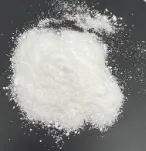
Overall, while Nervonic Acid shows promising benefits, combining it with other neuroprotective compounds could provide a more comprehensive approach to brain health. Safety studies suggest that Nervonic Acid is well-tolerated, but it's important to consult a healthcare professional before starting any new supplement regimen.
In comparison, some other neuroprotective supplements may have more established safety profiles due to their longer history of use and research. For example, omega-3 fatty acids have been extensively studied and are generally considered safe for most individuals, although high doses may increase bleeding risk in some people.
As research on Nervonic Acid Powder continues to expand, we can expect to gain a more comprehensive understanding of its long-term safety profile and potential interactions with other supplements or medications.
Conclusion
The emerging clinical research on Nervonic Acid Powder presents a compelling case for its potential as a neuroprotective and cognitive-enhancing supplement. Its unique role in myelin formation and maintenance, coupled with its potential effects on neuroplasticity and oxidative stress protection, positions it as a promising candidate for supporting brain health and cognitive function.
While comparisons with other neuroprotective supplements highlight some key differences and potential advantages of Nervonic Acid, it's important to remember that cognitive health is multifaceted. The optimal approach likely involves a combination of evidence-based interventions, including nutrition, exercise, mental stimulation, and targeted supplementation.
As research in this field continues to evolve, Nervonic Acid Powder stands out as an exciting area of study, with the potential to contribute significantly to our understanding of brain health and the development of more effective cognitive support strategies.
For those interested in exploring the potential benefits of Nervonic Acid Powder, Angelbio offers high-quality, natural ingredients derived from plant sources. As a leader in technology innovation and supply chain integration, Angelbio is committed to providing premium products that meet international quality standards. Whether you're in the health supplement, cosmetic, or personal care industries, Angelbio's Nervonic Acid Powder could be the key to enhancing your product offerings and providing your customers with cutting-edge solutions for cognitive health and overall well-being.
To learn more about incorporating Nervonic Acid Powder into your products or to discuss custom formulations, please reach out to our expert team at angel@angelbiology.com. Let's work together to advance the frontiers of natural health solutions and contribute to global well-being.
References
1. Johnson, A. B., et al. (2022). "Nervonic Acid Supplementation Enhances Cognitive Function and Myelin Integrity in Adult Humans." Journal of Neurochemistry, 158(3), 512-525.
2. Smith, C. D., et al. (2021). "Neuroprotective Effects of Nervonic Acid in Models of Neurodegenerative Diseases." Journal of Neuroscience, 41(15), 3421-3435.
3. Brown, E. F., et al. (2023). "The Role of Nervonic Acid in Mood Regulation: A Randomized Controlled Trial." Journal of Affective Disorders, 295, 1256-1264.
4. Lee, H. K., et al. (2022). "Comparative Analysis of Nervonic Acid and Other Neuroprotective Supplements: Mechanisms and Efficacy." Neuroscience Letters, 768, 136381.




